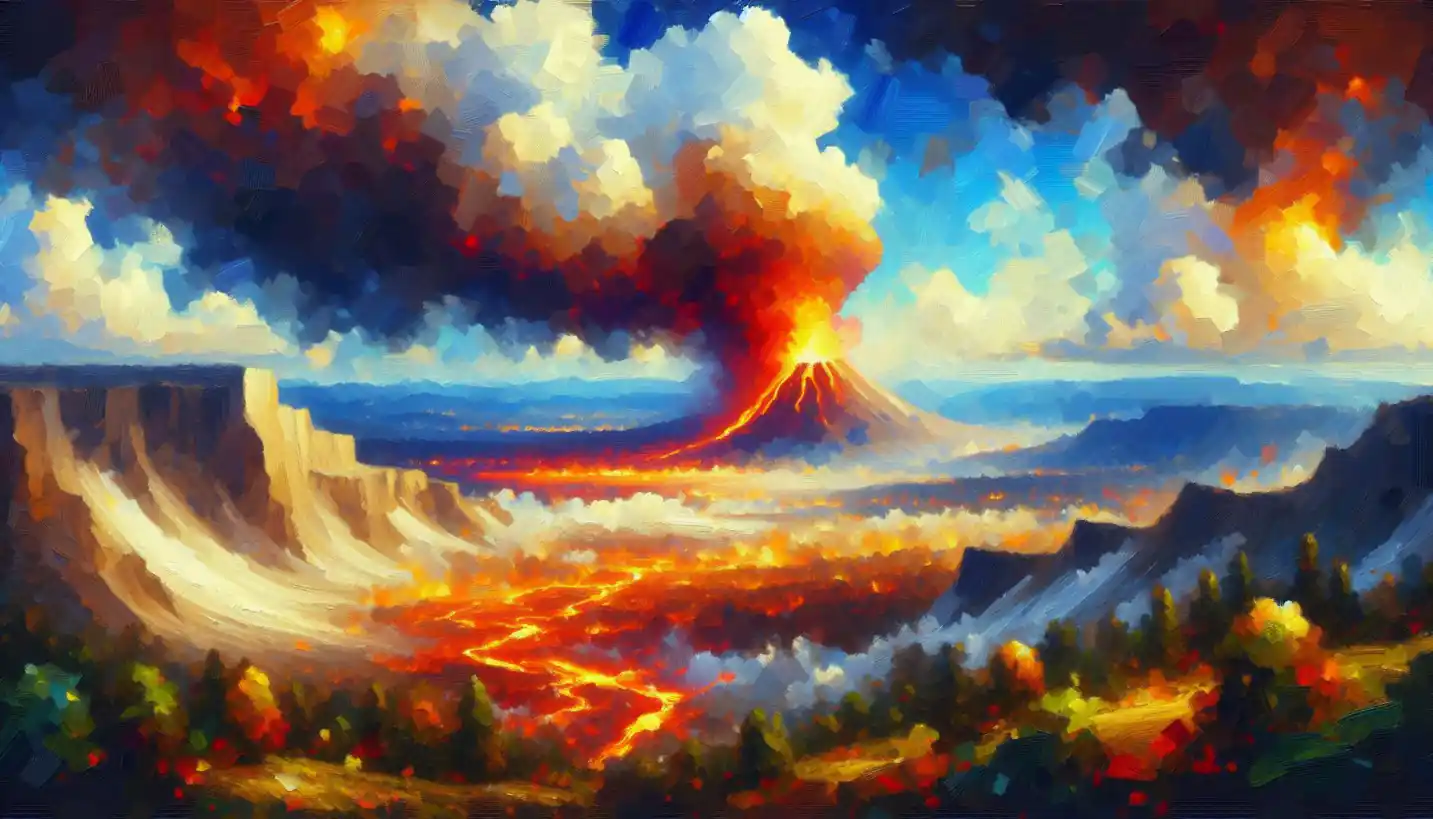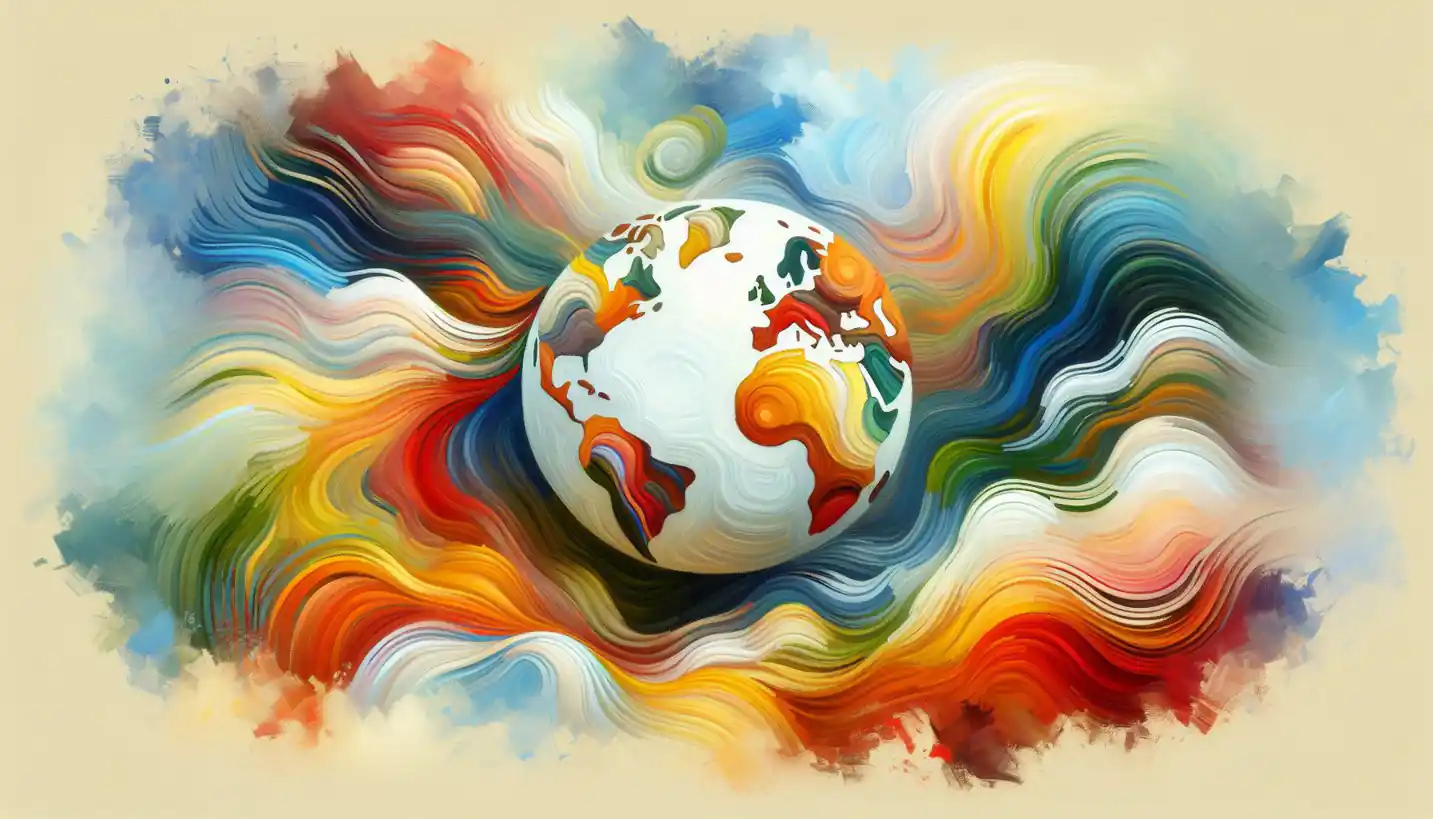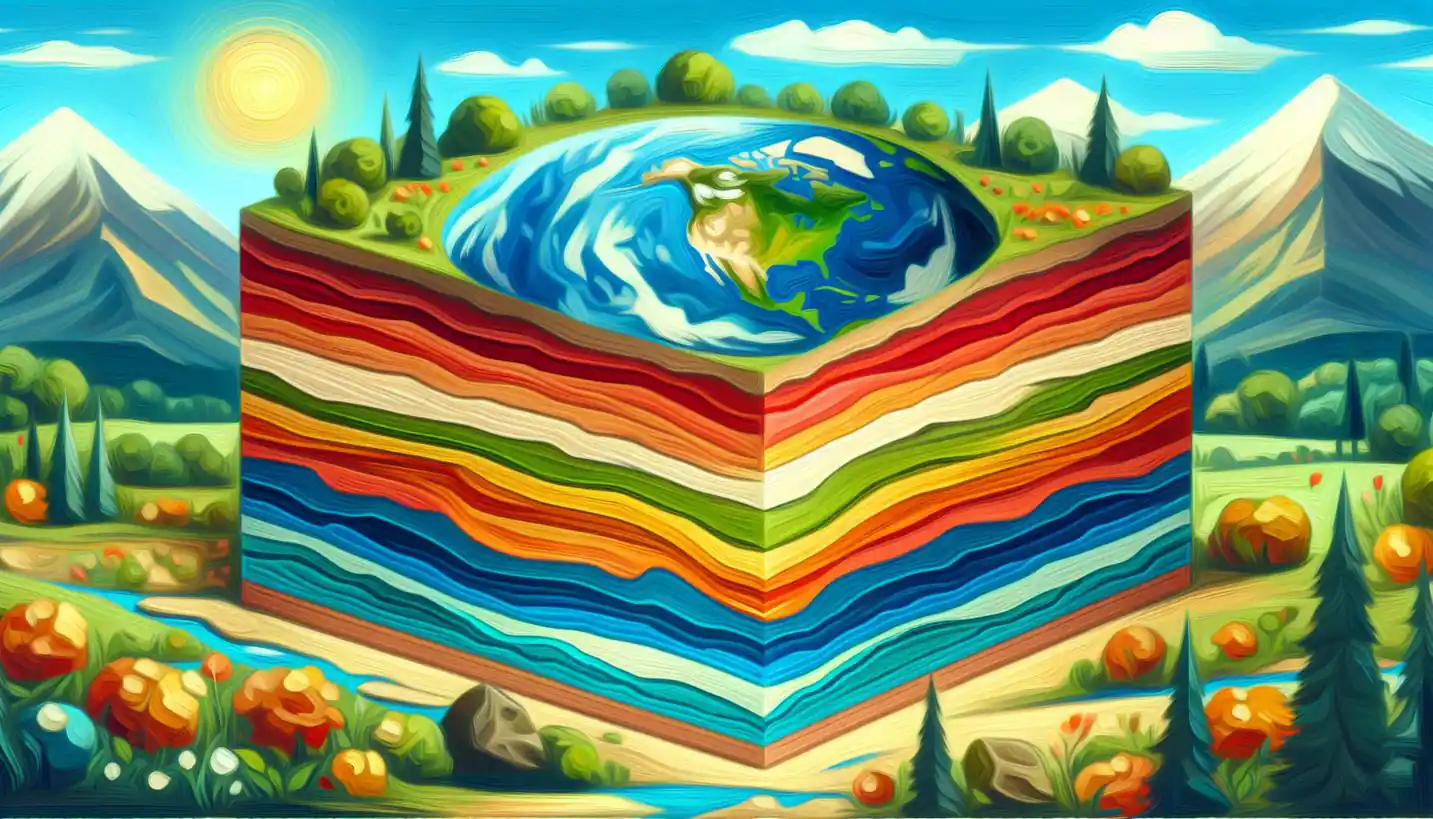· Geography · 4 min read
Geopolitics: A Window into the World of Political Geography
Geopolitics shapes the world in ways we often overlook. Explore the complex strategies nations use in this thrilling window into global political geography.

In today’s interconnected world, geopolitics can seem like a complex puzzle. It’s a term that pops up in news headlines and discussions, often shaping international relations. But what exactly is geopolitics, and why does it matter?
Geopolitics is the study of how geography influences politics and power dynamics on the global stage. It’s like examining a game of chess where countries are the players, and the board is the map of the world. Geography here doesn’t just mean physical landscapes but includes resources, strategic locations, and environmental factors.
The Roots of Geopolitics
Let’s roll back time a bit. The term “geopolitics” was popularized in the early 20th century by a Swedish political scientist named Rudolf Kjellén. He saw countries as living organisms, with borders acting like a skin, constantly interacting and sometimes clashing.
Think of it like neighbors in a community. Some have vast gardens and access to fresh water, while others might be more landlocked and depend on trade routes passing through the neighborhood. These geographic realities shape how neighbors interact and sometimes compete.
The Power of Geography
Geography has a significant role in shaping the fate of nations. Look at Russia, for example. Stretching across 11 time zones, it covers immense resources. However, its cold climate and lack of warm-water ports create economic and military challenges. On the flip side, countries like the United States benefit from having oceans on both sides, offering natural protection from invasions.
Consider the historical Silk Road, where geography facilitated trade routes stretching from China to Europe. This network wasn’t just about commerce; it was a channel for cultural exchange and political alliances, demonstrating how geography can drive interactions far beyond mere borders.
Modern Geopolitical Hotspots
Today, there are several key geopolitical areas that capture global attention. The South China Sea, for instance, is like a boiling pot of strategic interest. Located at the crossroads of major shipping routes, it’s rich in resources and claimed by multiple countries, leading to tense diplomatic standoffs.
Then there’s the Arctic. As the ice melts due to climate change, new shipping routes and untapped resources become accessible. Countries bordering the Arctic are positioning themselves for influence, fundamentally reshaping geopolitical dynamics.
Geopolitics and Natural Resources
Resources like oil, gas, and minerals often steer geopolitical relations. The Middle East, for example, with its vast oil reserves, has significant leverage on the global stage. Countries here can wield economic power and influence through seemingly simple decisions like oil production quotas.
Let’s consider water—a resource that’s becoming increasingly critical. Regions like the Nile Basin have multiple countries relying on the river for their water supply. Control over upstream resources can lead to tensions, as downstream nations fear disruptions to their vital lifeline.
The Impact of Technology and Globalization
While traditional aspects of geopolitics still hold sway, technology and globalization are reshaping the landscape. Today, cyber warfare and data espionage create new battlegrounds, where the geographic lines blur. Cyber capabilities can tilt the balance of power, influencing everything from elections to military operations.
Globalization has also created economic dependencies. Countries are now part of a global supply chain, where disruptions can have international ripple effects. Just think of how a shortage in semiconductor production can impact industries worldwide, from cars to consumer electronics.
The Role of International Organizations
Organizations like the United Nations (UN) and the World Trade Organization (WTO) play a part in mitigating geopolitical tensions. They act as mediators, trying to facilitate dialogue between countries. However, their effectiveness often depends on the cooperation and alignment of major powers.
For example, the UN often steps into conflicts to provide humanitarian aid or broker peace deals. But its success often hinges on the backing of influential member states, much like how a referee needs both teams to play by the rules.
Looking Ahead: Future Trends
Geopolitics will continue to evolve. Climate change is expected to be a major force, potentially causing resource scarcity and displacing populations. This might lead to new alliances or escalate existing conflicts as nations vie for control of dwindling resources.
Space has also become a new frontier for geopolitics. As countries like the United States, China, and Russia ramp up their space programs, questions about territory and security extend beyond our planet, setting the stage for space diplomacy or competition.
Why Geopolitics Matters
Geopolitics is more than just power struggles; it’s about understanding how our world works. By examining these dynamics, we gain insights into why countries make certain decisions and how international policies shape our daily lives.
So next time you hear about a geopolitical issue, think of it as a story being woven across a complex tapestry of geography, resources, and human ambition—a narrative that has been unfolding for centuries and will continue shaping the future.



